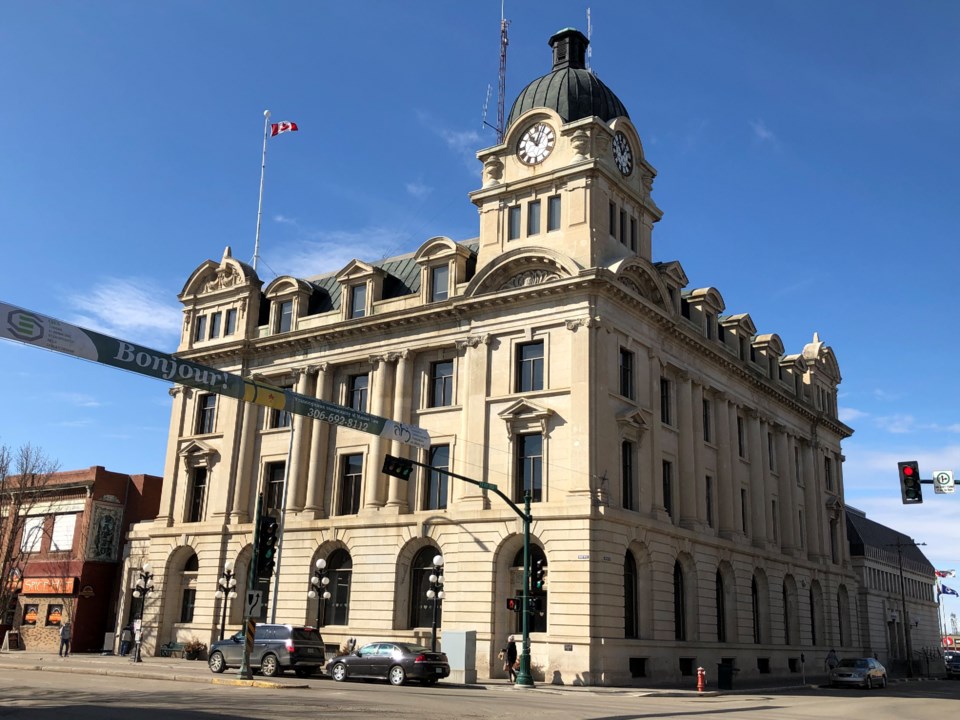Many business owners had hoped SAMA would conduct a secondary audit of its property assessment practices, but the organization has denied the request because there is allegedly no need for one.
The Saskatchewan Assessment Management Agency (SAMA) recently sent city manager Jim Puffalt two letters explaining why it wouldn’t pursue the request. One reason is that the agency’s board decided not to undertake a secondary audit.
Furthermore, SAMA’s preliminary investigation of the income model reviewed the data and calculations for errors and to ensure it correctly followed the market value handbook. Both inquiries determined there were no issues requiring a secondary audit.
Instead, SAMA said Moose Jaw’s main concern is with how separate capitalization (cap) rates were applied to commercial properties, so a secondary audit would not handle that issue — the municipality must appeal to the Saskatchewan Municipal Board.
The letter added that the secondary audit is not another level of review that ratepayers, municipalities or SAMA assessment services can access when their appeals are unsuccessful.
The other letter indicated SAMA would present during the March 27 executive committee meeting to discuss changes to the assessment model and provide an analysis of additional property sales data.
SAMA also plans to review the 2022 appeal results to determine if changes are required to the 2023 valuation models.
City council received both letters during its March 13 regular meeting. Members voted 5-2 to receive and file the report; councillors Jamey Logan and Kim Robinson were opposed.
Council also gave three unanimous readings to the assessment preparation extension bylaw, giving city hall until May 1 to produce the 2023 property assessment roll. SAMA is supposed to submit the roll by Jan. 31, but because of delays in incorporating new sales data into the assessments, the agency submitted the roll on March 10.
SAMA has consistently missed the Jan. 31 submission deadline for several years, according to city administration.
Council discussion
“I can’t say I didn’t see this (denial decision) coming … . However, I find it a bit arrogant that they have answered us by saying, ‘There was no valid appeal, so we (SAMA) must be right,’” said Robinson. “But I can talk to anybody — including several people at this table right now — who say there is something wrong.
“So to keep peeing on my leg and telling me it’s raining is not working for me.”
SAMA provides a contract service, but since council and city hall are unhappy with that service, Robinson wondered why they continued to use the agency. He also didn’t like jumping through hoops to fix the situation.
“If the legislation says we can’t demand an audit, why is this so wonky? There’s something definitely wrong with the legislation,” he added. “If I had my druthers, I’d tell these guys to get it straightened or find somebody else to do it.”
While it’s standard practice for the agency to review its previous year’s appeal results and potentially change the current year’s valuation models, Coun. Doug Blanc wondered whether SAMA would also change the property assessment results of businesses that didn’t appeal.
“Because if they don’t look at them all, that leaves a number of businesses and residential (homeowners) out,” he added.
Based on the letter, cap rates are the real problem, which means the agency must find ways to support its 14 property classification rates here, Coun. Crystal Froese said.
“Even other cities don’t have this many. I understand they can validate that, but one of the key issues that’s been brought before us is the use of multiple cap rates that is causing confusion in our community,” she continued.
“I’m not sure how they can answer that. But somewhere along the way, we need to hear back from them because it just doesn’t seem to be satisfying this process.”
Coun. Dawn Luhning, a SAMA board member, told council that she recused herself from that denial vote because she was in a conflict of interest. She then rebutted Froese’s number and said there are nine property classifications here, while other Saskatchewan municipalities also have multiple rates.
“I urge my colleagues to be careful about what you say about things that maybe you don’t know all the information on … ,” said Luhning. “They (SAMA) are trying to get to council and get the information to us. … they are doing their best to get here.”
The next regular council meeting is Monday, March 27.




